
COVID-19: Trans Tasman bubble, New Zealand and international travel
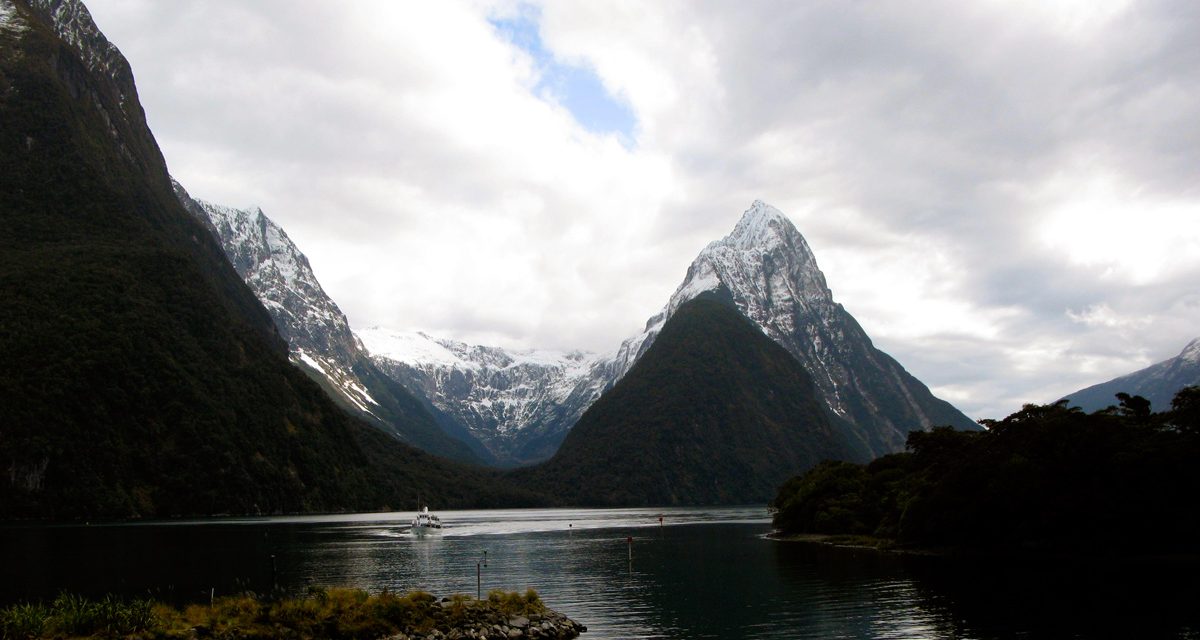
In a statement today, Prime Minister Jacinda Ardern announced a policy change in how New Zealand will return to international travel.
Content of this Post:
4 levels of Risk
While New Zealand intends to continue pursuing an elimination strategy, partly by increasing rates of immunisation and including reducing times between vaccine jabs, it will also move to a policy on international travel based on developing 3 levels of risk.
This individual risk-based approach will require a new system, and that will take until the end of 2021. NZ will need to upgrade its test and tracing procedures and capacity. They need to set up a traveller health declaration system, exploring new testing technology including rapid on-arrival testing at airports as well as reliable pre-departure testing and trialling self-isolation quarantine arrangements.
“Low-Risk, Medium-Risk and High-Risk travel pathways will be created, and which pathway a traveller takes will be based on the risk associated with where they are coming from and their vaccination status.”
Jacinda Ardern
That’s good news, and sensible. Question is, what is low through high risk?
“Each pathway will have testing and isolation requirements proportionate to that risk.”
Jacinda Ardern
1 Low Risk
Let’s hope Australia, and more particularly New South Wales gets this classification:
“The Low-Risk pathway will permit quarantine free entry for vaccinated travellers who have been in low-risk countries.”
Jacinda Ardern
2 Medium Risk
Again, we don’t have a clear statement about what qualifies as ‘medium risk’
“The Medium-Risk pathway would include a combination of self-isolation and/or reduced MIQ for vaccinated travellers who have been in medium risk countries.
“To prepare for the Medium-Risk pathway the Government will run a self-isolation pilot in the second half of this year to test processes and systems for the safe use of this tool.”Jacinda Ardern
Self-isolation will be very attractive to most travellers into New Zealand, especially residents returning.
3 High Risk
You’ll probably be unvaccinated, and come from a very high-risk country:
“The High-Risk pathway will see the continuation of a full 14 days in MIQ and testing for unvaccinated travellers and any traveller, including vaccinated travellers, who have been in very high risk or high risk countries.”

Trans Tasman Travel bubble
What does this mean for the ‘bubble ‘of travel between Australia and New Zealand, currently suspended? Well, it’s unclear, and presumably will depend on how antipodean’s handle the current Delta strain outbreak ravaging the eastern seaboard including Queensland, New South Wales and Victoria and even the ACT.
At best it is possible that Australia will be classified as ‘low-risk’ and immunised arrivals will merely need to present evidence of their vaccination – a vaccine passport. And again optimistically, that could happen once the trans-Tasman bubble suspension ends in mid-September.
So, if you want to head to NZ in the next 6 months – get vaccinated!
Any other classification and you can kiss travelling to NZ goodbye until at least 2022.

2PAXfly Takeout
This is another timely reminder to wear your seatbelt when seated. Holding you close to your seat will protect you from the sort of injuries sustained on this flight, when unsecured passengers flew to the ceiling of the aircraft, and then came crashing down once the ‘drop’ ceased.
The hope will be that this is an anomaly – a ‘freak accident’ in casual parlance. If it is a systemic error either mechanical or electronic, then this is a larger concern for the airlines that fly Boeing Dreamliner 787 aircraft. Let’s hope it isn’t. If it is, it will pile on the woes to Boeing’s existing stack.
As we know, you can manage the COVID-19 pandemic very well, until you don’t (note to Gladys-Beryl).
New Zealand has managed their outbreaks very well, so well that they have basically eliminated the virus from their shores. And who would want to give that up?
On the other hand – travel, if not for tourist income, is still very important for the smooth operation of business in New Zealand, especially for the opening of new markets. A pathway back is very important to NZ’s economic welfare, but not at the risk of their elimination status.
More importantly, and with not a hint of self-interest – I have a trip to NZ planned for December!





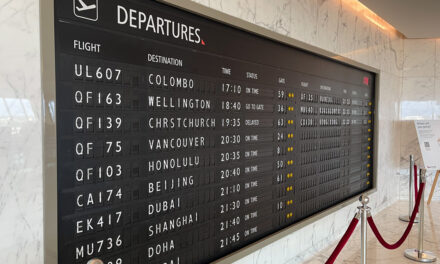










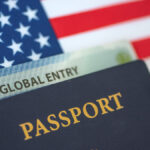


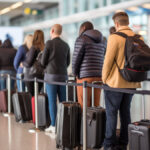


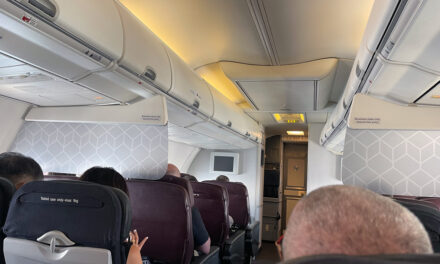











What did you say?